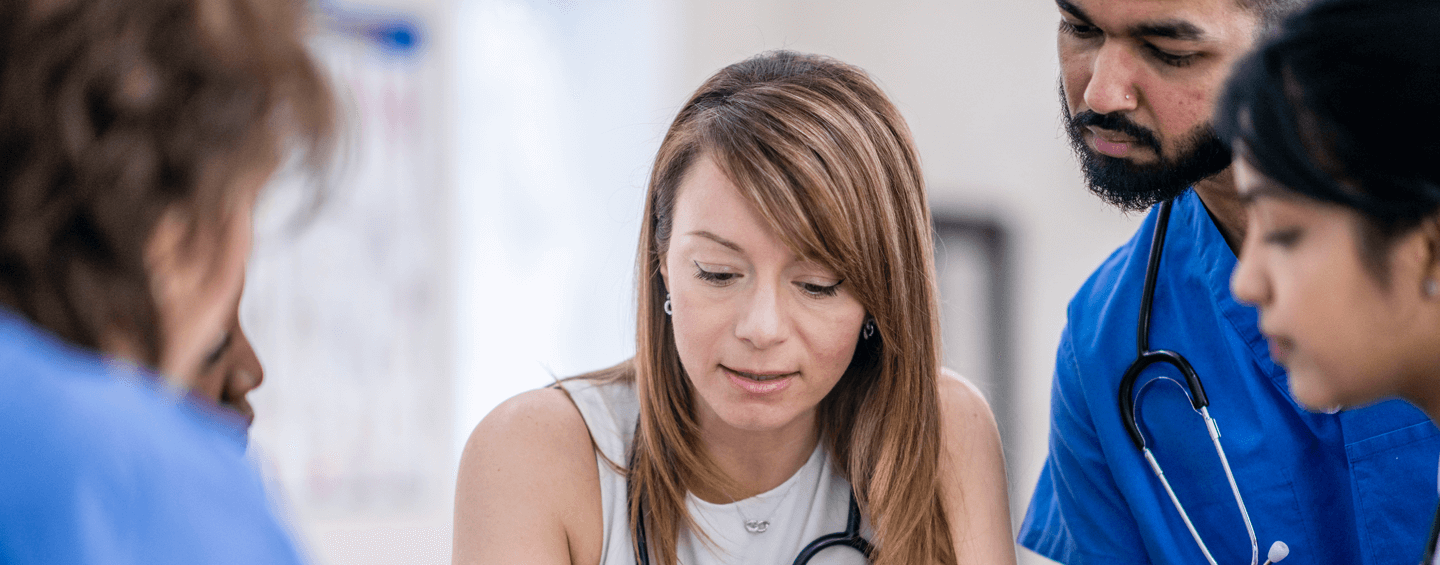POSITION
RACMA supports the recognition of Aboriginal and Torres Strait Islander Peoples through a Voice to Parliament.
BACKGROUND
RACMA is a medical leadership body with expertise across the Australasian Health Sector. This unique view to positively influence policy and advocacy either in practice, at a national level or where appropriate at a global level is a stewardship RACMA undertakes deliberately. RACMA has signalled a clear commitment to contribute to leadership and vision for achieving high quality, safe health services and systems through policy and advocacy for Aboriginal and Torres Strait Islander Peoples health, including undertaking or facilitating initiatives that utilise Members’ medical leadership expertise.
RACMA considerations
RACMA has looked at supporting the Voice to parliament from a Health Leadership perspective. RACMA holds the view that health equity for Aboriginal and Torres Strait Islander Peoples cannot be addressed or indeed implemented unless initiatives and strategies are developed in partnership with and led by Aboriginal and Torres Strait Islander Peoples.
As a bi-national college RACMA acknowledges that indigenous led leadership solutions are active within our jurisdiction and that our members are already active in this partnership approach in Aotearoa New Zealand. RACMA also recognises that like New Zealand – Canada, (areas of) the United States, Ecuador, Bolivia, and Norway have indigenous leadership solutions either via constitutional or common law recognition.
For many decades the World Health Organisation has documented that the health and wellbeing of people is not just physical, psychological, and biological factors but should acknowledge the Social Determinants of Health. There is significant research and data to demonstrate that Aboriginal and Torres Strait Islander Peoples experience poorer health outcomes than non-indigenous Australians.
Research also shows that inequities in social determinants of health, institutional and interpersonal racism, and intergenerational effects of colonialism serve as significant barriers to accessible healthcare for Aboriginal and Torres Strait Islander Peoples.
The design principles of the Aboriginal and Torres Strait Islander Voice clearly provide a governance framework for Aboriginal and Torres Strait Islander People to advocate for and influence the social, economic, and political determinants of their well-being.
RACMA supports for The Voice
In 2017 RACMA promulgated a Clinical Governance Framework that included foci on patient centred approaches to health service delivery. The “sharing of power” within a clinical framework included consumer advocacy and consumer voice in the provision of health service delivery.
In 2020 RACMA promulgated a position statement on Equitable Access to Quality Healthcare which outlined the importance of “working with stakeholders to ensure that equality of health care provision is achieved for all Australians.”
In 2021 RACMA promulgated a position statement on Diversity, Equality, and Inclusion. This statement acknowledges the expectation that at RACMA: “Everyone works to ensure that perspectives and experiences of others, are invited, welcomed, acknowledged, and respected within inclusive environments.” It has three calls to action the final call being:
“Advancing equitable access in healthcare – ensuring that College members
are well prepared to meet the needs of individuals in an increasingly diverse
society, by raising awareness and addressing unconscious bias and taking
action to address the social determinants of health.”
RACMA recognises and respects that there is a broad range of views regarding the Voice. This includes those who do not support the Voice within Aboriginal and Torres Strait Islander communities and non-Indigenous Australians.
RACMA reaffirms its commitment to policy and advocacy for Aboriginal and Torres Strait Islander Peoples health through its Reconciliation Action Plan, this reflects our ongoing support for and of Aboriginal and Torres Strait Islander leadership, advocacy, and vision.
RACMA reaffirms its commitment to consumer advocacy and consumer voice in the provision of health service delivery, patient safety frameworks and stakeholder input into clinical governance as a means of improving the quality and safety of care.
Conclusion
RACMA supports the recognition of Aboriginal and Torres Strait Islander Peoples through a
Voice to parliament.

